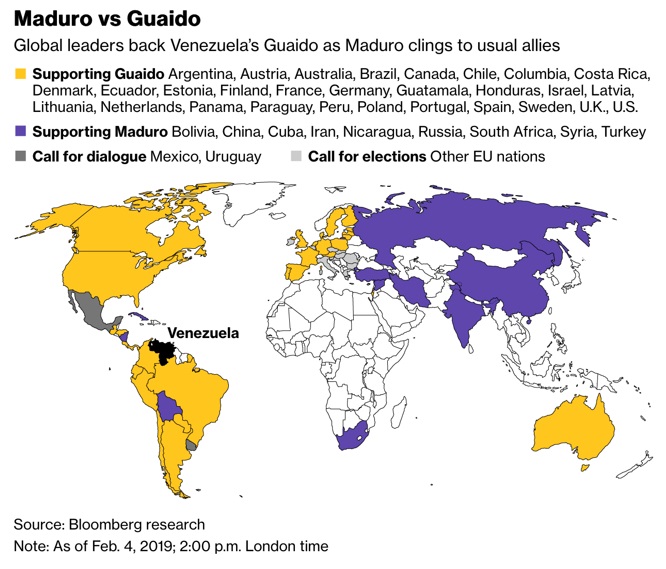It only took Em and Isa a look to know they would be friends. In under a minute they were chatting away, and playing ball.
No awkwardness, no struggling for conversation.
They were now cosy under the blanket — in 30-degree weather may we add — eating pretzels, drinking milk and watching cartoons.
Life was good.
But, let me explain. We had a barbecue over the weekend.
The two girls were approximately the same age, and the only children at the barbecue. And, boy they were glad when they first saw each other amongst the group of adults.
They became instant friends.
‘Don’t you wish it could be the same with adults? That you made friends so quickly?’, someone commented at the table.
We sure did.
It certainly wasn’t the same for the rest of us adults at the barbecue. There were two different sets of friends there, and both groups remained apart throughout the whole evening.
One group sat outside, the other inside. Neither mingled, not really.
The irony wasn’t lost on us.
Things are more complicated for adults…we told ourselves. It is hard to find common ground and interests. We have less time and more responsibilities.
Meanwhile, Em and Isa were now bonding over Em’s love of her panda bear toy collection.
But, let’s leave Em and Isa — and the divided group of adults — for a moment to talk about a different kind of relationship.
We are watching, increasingly worried, as geopolitical dynamics change. Tensions are facing off, and the world could be dividing in two, a division akin to the cold war.
The US and China are still working together on a solution to their trade war before the truce expires in March.
They may work something out, but it could only be a temporary patch.
The US has been in a battle against Huawei and ZTE.
The conflict between the US and China is a game for power
As The Hill noted recently:
‘The next move is China’s. U.S. multinationals IBM, GE, Facebook, Apple and others have invested an immense amount in the China market. For all practical purposes, these companies are now “hostages” in this trade war, as are China’s technology companies in the United States and Europe.
‘If Washington continues its crackdown on Chinese businesses, these U.S. multinationals will be squeezed in China. […]
‘The blowback on profits, stock prices and on communities in the United States will be considerable. Most importantly, they’ll be shut out of the opportunities in the China market.
‘This is all an utterly fascinating revelation about changing global economics. Where it goes will determine how future trade disputes of all kinds are handled. Forget about the World Trade Organization and international law. This game is about power: using it to open up and defend markets.
‘China has an immense home market. Beijing uses it as a lever to pry open new foreign markets just as China’s multinationals are about to go global.
‘Who’ll win this game? Who will compromise? The stakes are made higher by the industries in question. […]
‘The prize in this game is about something far more important: technology dominance. Technology is critical for global primacy in business and defense. The stakes couldn’t be higher, and this makes the prize all the more valuable.’
The conflict is a game for power…one that could affect financial markets.
The US and China are acting out this battle in many fronts.
Space race, crackdowns on businesses, access and control of the shipping lanes and strategic resources in the South China Sea…the latest one could play out in Venezuela.
Venezuela has some of the largest oil reserves in the world. But Venezuela is a mess. It has been suffering from hyperinflation and the dire situation is causing a refugee crisis in the region.
Nicolas Maduro from the socialist party has been leading the country. But recently, Juan Guaido, from the National Assembly Party, has challenged that leadership by declaring himself interim president.
Now, as you can see below, countries around the world are taking sides and backing their favourite.
 |
| Source: Bloomberg |
Both the US and China are big buyers of Venezuela’s oil exports.
China has invested a lot of money in Venezuela. In exchange for the money, it receives oil. But falling oil prices has meant that Venezuela has been sending less oil to China.
On the other hand, the US has imposed sanctions on Venezuela, which is causing a shortage in cash.
Maduro needs the support from China and Russia to stay in power. So far, China has stayed on the sidelines. China has said it has ‘maintained close communication with all parties.’ But they have a lot of money on the line.
As Bloomberg reports:
‘The outreach [to China] is being carefully done, the person added, because Guaido’s focus is on his relationship with the U.S., which views China’s presence in the region with suspicion. President Donald Trump has escalated trade tensions with China since coming to power, leading Beijing to claim the U.S. is increasingly attempting to contain it.
‘“If the regime changes quickly and peacefully, it will depend on whether the U.S.-backed government in Guaido recognizes the loans made under the past government,” said Gui Chenxi, an oil analyst at CITIC Futures. “For now, Guaido has signaled that payments will be maintained, but America will probably call the shots if he takes office.”’
Geopolitical games are increasing. The US and China may reach a truce before the march deadline…but as we say, it could be temporary.
What can you do at times of geopolitical uncertainty? Buy gold.
It’s time to say good bye now for Em and Isa. It’s past their bed times. They hug each other like they’ve known each other for years.
‘I will see you soon.’ They both say.
Best,
Selva Freigedo





